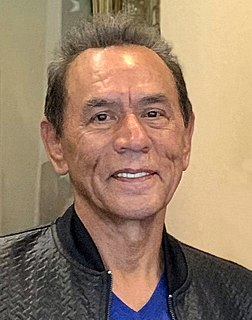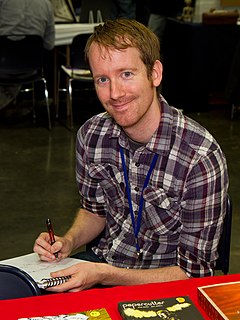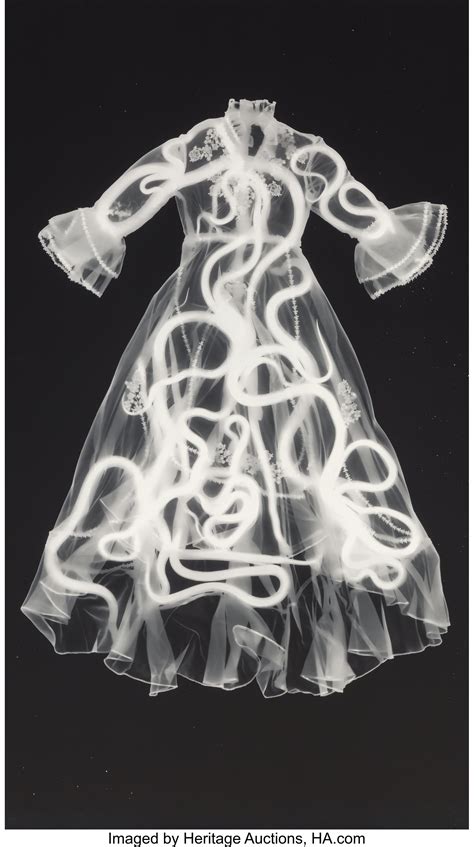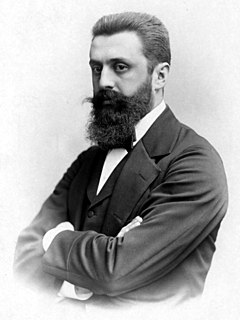A Quote by David Eagleman
One of the most pervasive mistakes is to believe that our visual system gives a faithful representation of what is "out there" in the same way that a movie camera would.
Related Quotes
I believe that our society's "mistake-phobia" is crippling, a problem that begins in most elementary schools, where we learn to learn what we are taught rather than to form our own goals and to figure out how to achieve them. We are fed with facts and tested and those who make the fewest mistakes are considered to be the smart ones, so we learn that it is embarrassing to not know and to make mistakes. Our education system spends virtually no time on how to learn from mistakes, yet this is critical to real learning.
As far as stimulus from the visual arts specifically, there is today in most of us a visual appetite that is hungry, that is acutely undernourished. One might go so far as to say that Protestants in particular suffer from a form of visual anorexia. It is not that there is a lack of visual stimuli, but rather a lack of wholesomeness of form and content amidst the all-pervasive sensory overload.
The power to determine the quantity of money... is too important, too pervasive, to be exercised by a few people, however public-spirited, if there is any feasible alternative. There is no need for such arbitrary power... Any system which gives so much power and so much discretion to a few men, [so] that mistakes - excusable or not - can have such far reaching effects, is a bad system. It is a bad system to believers in freedom just because it gives a few men such power without any effective check by the body politic - this is the key political argument against an independent central bank.
I try to express in my films things that no other art can approach. In my monster films for example, I use special effects in the same way one would use a special film stock, a special camera, and so on. Monster films permit me to use all of these elements at the same time. They are the most visual kind of film.
We're so conditioned to the syntax of the camera that we don't realize that we are running on only half the visual alphabet... It's what we see every day in the magazines, on billboards and even on television. All those images are being produced basically the same way, through a lens and a camera. I'm saying there are many, many other ways to produce photographic imagery, and I would imagine that a lot of them have yet to be explored.
My personal success would be that people understand what I was trying to do. It was the most palatable when I watchmen_7_mdid Dawn. With Watchmen, too, I feel the same way. The movie's ironic and satirical and it's funny and serious and that's kind of the same way I felt about Dawn. Like I really was making a movie that knows it's a zombie movie and enjoys that and wants the audience to say, yeah, that's okay.
In my work, the information is the least important part. It's there, and the work wouldn't mean the same thing without it, but it isn't structured around the information. The most interesting part to me is the visual play... looking at this little universe of representation that I can make out of the world.
I hate it when you are watching a movie where the characters are on the news, and for some reason they shoot it with a 35mm camera or a 4K camera, and they just put it on the TV as if that's the way it would look - it always takes me out of it by putting a filter on certain things. If it's too high quality, you're never gonna buy it.
When I was nine, I asked my Dad, ‘Can I have your movie camera? That old, wind-up 8-millimeter movie camera that’s in your drawer?’ And he goes, ‘Sure, take it.’ And I took it, and I started making movies with it, and I started being as creative as I could, and never once in my life did my parents ever say, ’ What you’re doing is a waste of time.’ Never….. I know there are kids out there that don’t have that support system. So, if you’re out there and you’re listening, listen to me: If you wanna be creative, get out there and do it. It’s not a waste of time.





































